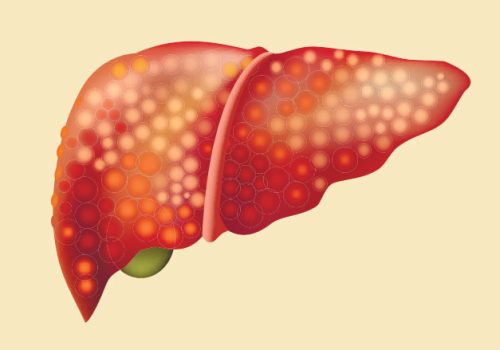Including elevated remnant cholesterol in risk assessment for atherosclerotic cardiovascular disease (ASCVD) may better indicate patients who are likely to have a CV event than current models, and help to guide future treatment strategies. Professor Børge G. Nordestgaard (University of Copenhagen, Denmark) discusses growing evidence supporting the use of remnant cholesterol measurement in both primary and secondary prevention settings.
Phase 2 data show promising effects of evinacumab in hypertriglyceridaemia
A Phase 2 trial of evinacumab in patients with severe hypertriglyceridaemia and a history of hospitalisation for acute pancreatitis has not met its primary endpoint, but safety data and changes in lipid and lipoprotein levels support further evaluation in larger trials, conclude the study authors in Nature Medicine.
Pegozafermin reduces liver fat and improves liver function and TG
The glycoPEGylated FGF21 analogue, pegozafermin, is generally well tolerated and associated with clinically meaningful reductions in liver fat, measures of liver function, and circulating lipids. These are the recent findings of a Phase 1b/2a double-blind, placebo-controlled, multiple-ascending-dose study of pegozafermin (3, 9, 18, or 27 mg once weekly; 18 or 36 mg once every 2 […]
Highlights of 2022 and looking forward to 2023
2022 was an important year for triglyceride-related research, with extensive clinical and preclinical data presented at international congresses and published in leading journals. When we asked Editorial Advisory Board members for their highlights, they agreed that the PROMINENT trial of triglyceride (TG) lowering to reduce cardiovascular (CV) risk, published in November 2022, was a major milestone.
Genetic testing for pancreatitis risk
Genetic testing may help identify patients with hypertriglyceridemia who are at greatest risk of developing pancreatitis and may benefit from novel triglyceride-lowering therapies, US researchers have concluded.
PROMINENT trial misses primary endpoint
Newly published results of the PROMINENT trial have shown that the SPPARα modulator, pemafibrate, affects a range of plasma lipid levels in patients with type 2 diabetes and mild-to-moderate hypertriglyceridemia (fasting median 271 mg/dL), but does not reduce cardiac events.










